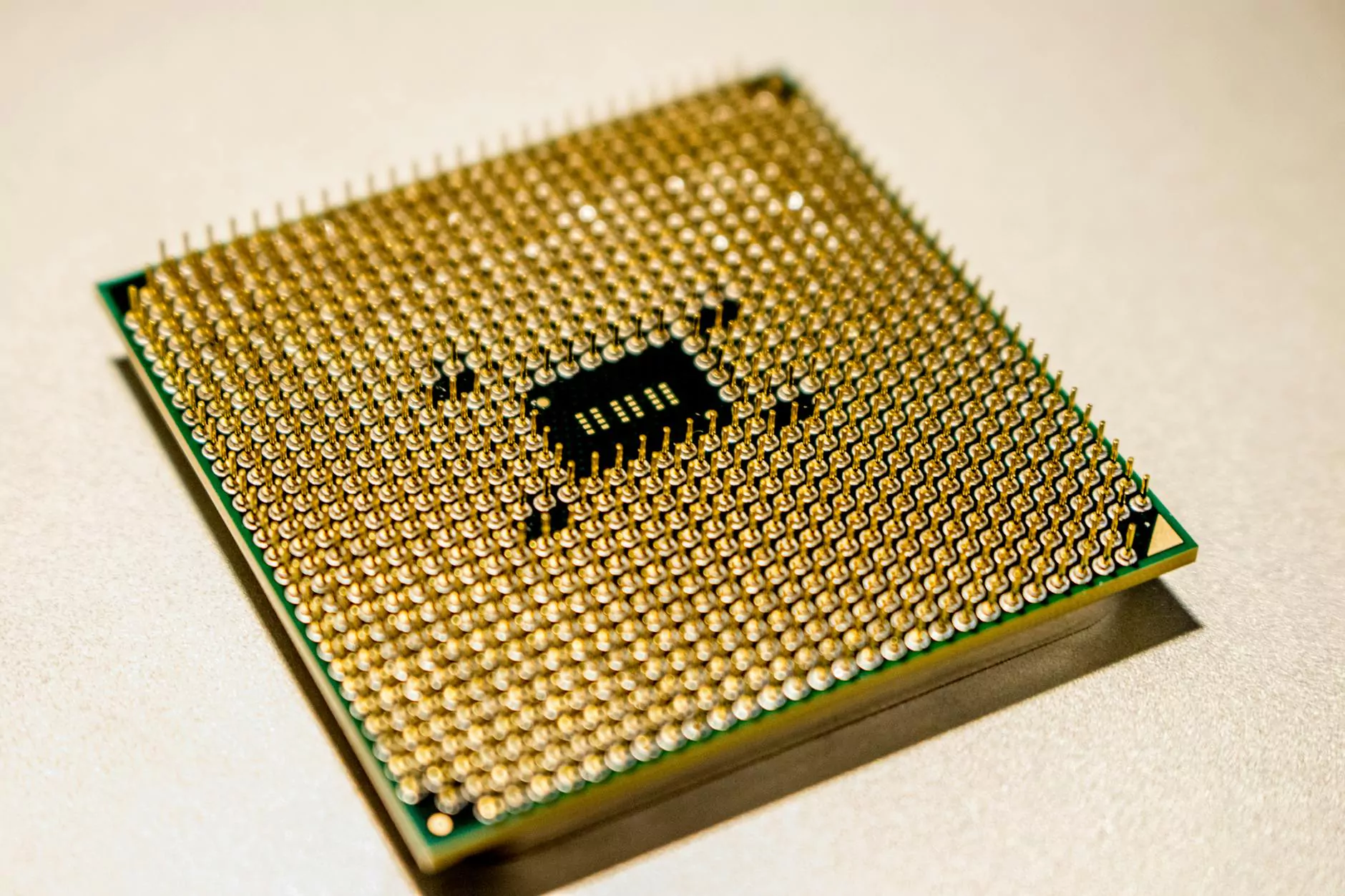Understanding the Role of a Colon Cancer Clinic

Colon cancer, also known as colorectal cancer, is a significant health concern globally. It is vital for patients diagnosed with this condition to have access to specialized care, which is often provided by a colon cancer clinic. This article explores the essential services these clinics offer, their importance in the treatment journey, and the innovations in care that can lead to better outcomes for patients.
What is a Colon Cancer Clinic?
A colon cancer clinic is a specialized healthcare facility that focuses on screening, diagnosis, treatment, and support for individuals affected by colon cancer. These clinics are staffed with multidisciplinary teams, including oncologists, surgeons, radiologists, nutritionists, and support staff, all dedicated to providing comprehensive care tailored to the needs of colon cancer patients.
The Importance of Early Detection
Early detection of colon cancer significantly increases the chances of successful treatment and long-term survival. Within a colon cancer clinic, patients can access various screening methods, including:
- Colonoscopy: A procedure that allows doctors to view the entire colon and rectum to detect any abnormal growths.
- Fecal Occult Blood Test (FOBT): A non-invasive test that checks for hidden blood in the stool, which may indicate cancer.
- CT Colonography: A special imaging test that uses X-rays to produce detailed images of the colon.
These screenings are crucial, as they can identify precursors to cancer, such as polyps, which can be removed before they develop into full-blown cancer.
Comprehensive Treatment Plans
Once colon cancer has been diagnosed, a colon cancer clinic provides a comprehensive treatment plan tailored to the patient’s specific type of cancer, stage of disease, and overall health. The treatment modalities may include:
Surgery
Surgery is often the first line of treatment for colon cancer. Options may include:
- Colectomy: Removal of part or all of the colon.
- Laparoscopic Surgery: Using minimally invasive methods to reduce recovery time.
- Colostomy: In some cases, an opening is created in the abdominal wall to collect waste if the rectum is removed.
Chemotherapy
Chemotherapy uses drugs to kill cancer cells. It may be administered before surgery (neoadjuvant therapy) to shrink tumors or after surgery (adjuvant therapy) to eliminate remaining cancer cells.
Radiation Therapy
Radiation therapy uses high-energy rays to target and kill cancer cells, often used in conjunction with other treatments. It is particularly effective for rectal cancer.
Targeted Therapy
This newer approach involves drugs that specifically target cancer cell processes. These treatments are increasingly playing a critical role in managing advanced colon cancer.
Support Services Offered
Beyond medical treatments, a colon cancer clinic often provides essential support services, such as:
- Nutritional Counseling: Helping patients maintain a healthy diet during treatment, which is essential for recovery.
- Psychological Support: Offering counseling services to address the emotional aspects of cancer treatment.
- Palliative Care: Focusing on providing relief from the symptoms and stress of the disease.
Innovations in Colon Cancer Treatment
The field of oncology is rapidly evolving, with many innovations that are changing the landscape of colon cancer treatment. Key advancements include:
Personalized Medicine
Personalized medicine allows for treatments that are tailored to the genetic makeup of the patient’s tumor, leading to targeted therapies with higher effectiveness and fewer side effects.
Immunotherapy
Immunotherapy is emerging as a promising option for some patients, leveraging the body's immune system to fight cancer cells more effectively.
Advanced Imaging Techniques
Technological advancements in imaging, such as MRI and PET scans, help in better staging and monitoring of colon cancer, providing crucial information that can influence treatment decisions.
Empowering Patients through Education
A critical aspect of a colon cancer clinic is educating patients and their families about the disease. This empowerment includes:
- Understanding Treatment Options: Patients learn about the various treatment pathways and can engage more fully in their care decisions.
- Awareness of Symptoms: Recognizing symptoms early can lead to quicker action and treatment.
- Access to Support Groups: Connecting with others who are going through similar experiences can provide emotional relief and motivation.
The Importance of Follow-Up Care
Post-treatment follow-up is essential for monitoring recovery and ensuring that any recurrence of cancer is caught early. A colon cancer clinic typically provides:
- Regular Check-Ups: Follow-up appointments to monitor health status and detect any signs of recurrence.
- Surveillance Testing: Ongoing screenings as recommended to catch any new developments promptly.
- Long-Term Support: Continual access to counseling and support resources to assist with life after cancer treatment.
Conclusion
In summary, a colon cancer clinic plays an indispensable role in the fight against colon cancer. Through early detection, comprehensive treatment plans, supportive services, and ongoing patient education, these clinics not only improve the chances of successful treatment but also enhance the quality of life for patients and their families. For anyone facing a diagnosis of colon cancer or seeking preventive care, the resources and expertise available at specialized clinics are pivotal in navigating this challenging journey.
For more information, visit oncologicalsurgery.net and take the first step toward comprehensive colon cancer care and support.









